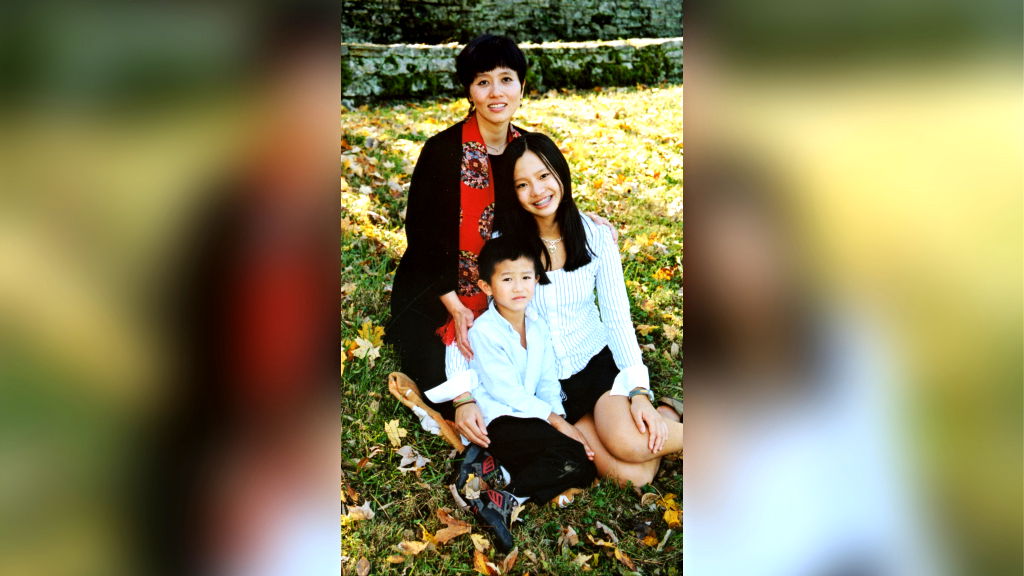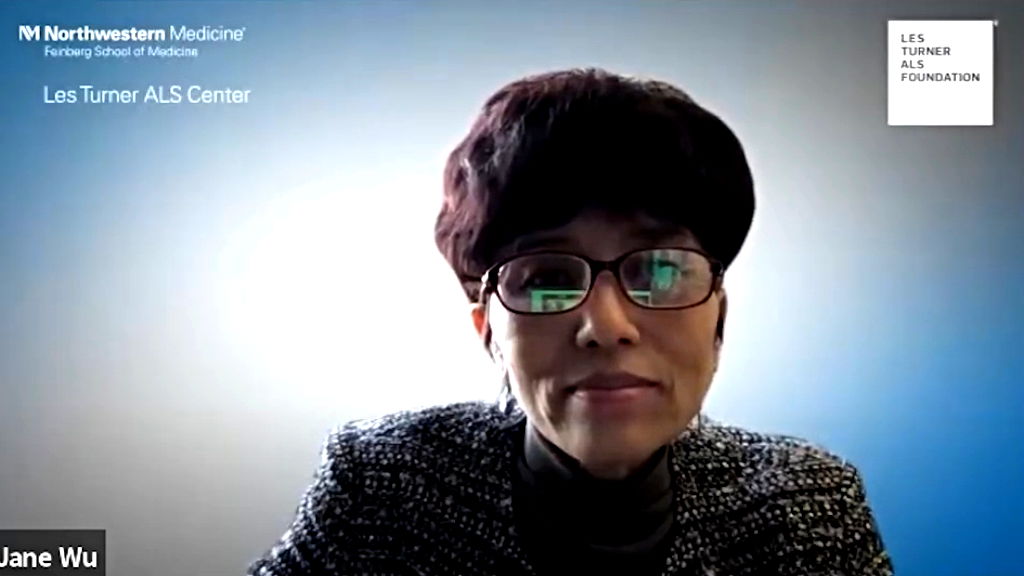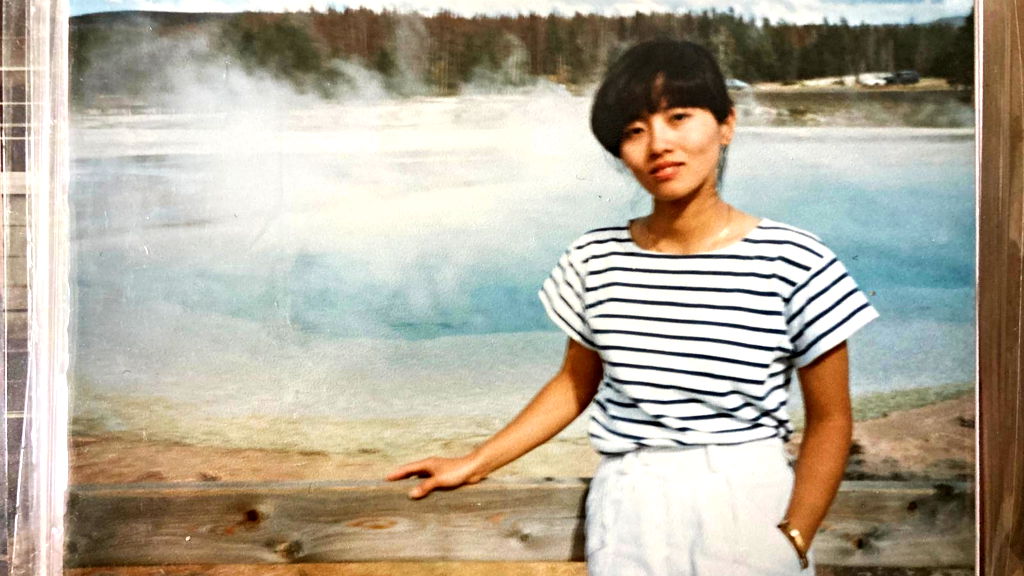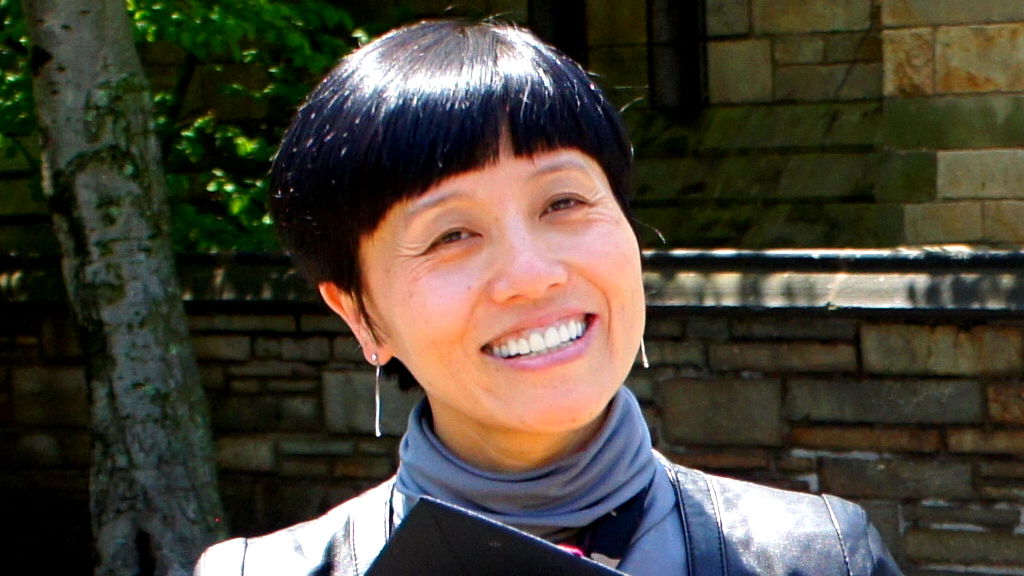Scientist Jane Wu’s brilliant career is an inspiration … her tragic death is a warning


The death of a Chinese American scientist following the shutdown of her laboratory has become a tragic warning on the mental health toll facing Asian American scholars under unjust scrutiny and institutional abandonment.
Dr. Jane Wu, an accomplished neuroscientist at Illinois’ Northwestern University, was far more than the bleak headlines that now bear her name. For nearly four decades, she dedicated her life to American science, building a distinguished career that focused on RNA splicing, neurodegenerative diseases and tumor development.
A life cut short
Wu died by suicide on July 10, 2024. Prior to the unfortunate event, she held an endowed research professorship for more than a decade at Northwestern’s Feinberg School of Medicine. There, she led the Wu Lab — a research group she started after completing her postdoctoral training at Harvard in 1994.
Her daughter, Elizabeth Rao, paints a picture of a woman whose scientific brilliance was matched only by her warmth as a mother and mentor. “Our Mom was a big hearted and deeply loving parent, a world-class scientist, a resilient cancer survivor and gentle soul,” Rao tells The Rebel Yellow. “She always considered her lab members and her collaborators, part of our extended family. As the lead research scientist who built and led the Wu Lab, she was a generous team leader and caring mentor.”

Far from the strict “tiger mom” stereotype, Wu created a nurturing environment for her children while pursuing groundbreaking research. “She made sure that my brother and I had got not only a great education but also got to do all the stuff of a quintessential American childhood. Sports, road trips, dance classes, choir, you name it,” Rao recalls.
Wu loved music, particularly Tanya Tucker and Teresa Teng. Some of Rao’s best memories with her mother are “singing along with her to their albums — her, elegantly and me, melodramatically.”
The trajectory of Wu’s life changed in 2019 when the National Institutes of Health (NIH) began investigating her for contacts related to China, part of a broader federal effort to investigate foreign influence at U.S. research institutions. Though her work included occasional international contacts in China as well as Argentina, Canada, the U.K. and other countries — and despite never being charged with any wrongdoing — Northwestern reportedly began limiting her ability to work during the investigation.
Seeking justice through pain
The Wu family’s lawsuit, filed in Cook County Circuit Court on June 23, alleges a pattern of discrimination that began during the NIH investigation. “Before May 23, 2024, my mom had never been in a psychiatric ward, much less forced into one by her bosses,” Rao shares. “Northwestern’s treatment of her, both on the day they evicted her from her own office and prior to that, created a horrible shock that damaged her health even more than they already had. No employer should ever treat their workers like that.”
Rao argues that Northwestern should have permitted her mother to continue working during the period when she was incorrectly singled out and faced unfair examination as an Asian American scientist. The university, she contends, should not have penalized her mother for being wrongfully targeted and subjected to unwarranted scrutiny.
The family’s frustration extends to the university’s continued punishment even after the NIH investigation concluded with no findings of wrongdoing. “Once NIH’s inquiry was over, Northwestern should have given her grants back to her and facilitated her return to full normalcy,” Rao says. “Northwestern should never have taken away her research space and lab members, not during NIH’s inquiry and absolutely not after their inquiry was over.”

Instead, Northwestern blocked Wu’s return to research and pushed her out of the faculty, according to the family’s complaint. In May 2024, university and Chicago police allegedly forcibly removed Wu from her lab, handcuffed her and had her admitted to a psychiatric facility without consulting her family or outside doctors.
“A great injustice was done to my mom,” Rao concludes. “My mom’s death is a tragic loss for our family, for the Asian American community and for American science.”
Community under siege
Wu’s story reflects a troubling pattern affecting Asian American scholars nationwide, according to Gisela Perez Kusakawa, executive director of the Asian American Scholar Forum (AASF). “Discrimination and isolation are fairly common for Asian Americans and have increased in recent years, in part due to the coronavirus pandemic and the China Initiative,” Kusakawa tells The Rebel Yellow. “Among Asian Americans in general, instances of discrimination are linked to the development of major depressive disorder, anxiety and other mood disorders. The odds of psychological distress are higher for non-male Asian Americans.”
The first Trump administration launched the China Initiative in 2018 as a means to counter China’s theft of American technology and trade secrets through prosecutions of scholars and researchers, particularly those with ties to Beijing. The Biden administration ended the program in 2022, but damage to the Asian American academic community had already been done.

The mental health implications are particularly severe for older Chinese Americans, where discrimination has “also been shown to increase the likelihood of suicidal ideation,” Kusakawa notes. In academic settings, the impact has been profound and measurable. “Many Chinese American scholars have reported disengagement from research and fear when applying for federal funding, in part due to rising tensions with China and anti-Chinese rhetoric from public leaders,” she says.
The problem is compounded by systemic underrepresentation in academic leadership. “Though Asian Americans have a significant presence in research institutions, they are less represented in senior positions than white colleagues and those from other ethnic minorities,” Kusakawa observes. “Asian American women hold significantly fewer leadership positions than their male colleagues.”
“This lack of representation in university leadership could make it more difficult for Asian American scholars to report and address problems that arise,” she adds.
A path forward
Amid the devastating loss of Wu, Kusakawa sees potential for meaningful change if institutions learn from the tragedy. “It is important to recognize the McCarthy environment that pervaded the country and escalated under the China Initiative,” she says, referencing xenophobic fears prevalent during the Cold War. “The Asian American scholar community was living in a climate of fear and stigma. As such, it became all the more important under such a climate for universities to support their Asian American faculty and students.”
The difference between institutional support and abandonment can be literally life-changing, as demonstrated by contrasting cases. “Many Asian American faculty, scientists, researchers and students, especially those of Chinese descent, face heightened scrutiny and unjust investigations. We have seen the tragic consequences of a lack of institutional support during such treatment,” Kusakawa recalls. However, she points to a positive example where institutional support changed outcomes entirely.
Dr. Gang Chen became a target of the China Initiative in 2021 over allegations of hiding his connections to China. His charges, however, were dropped in 2022. Kusakawa believes Chen’s situation was unusual as MIT and faculty members stood by him during the investigation, which helped shift media narratives in his favor. Unlike many others who face job loss or academic ostracism during such investigations, Chen was able to return to his position after the case ended, benefiting from the institutional and collegial support he received throughout the ordeal.

For universities seeking to prevent future tragedies, Kusakawa advocates for specific, actionable reforms. “To similarly mitigate the negative impacts of unjust scrutiny and xenophobia, universities should work towards providing safeguards and best practices for the treatment of their faculty, including transparently communicating with their faculty about ongoing investigations and what the allegations are,” she recommends, adding that institutions should establish internal systems with proper due process safeguards that enable scholars to challenge accusations and present additional evidence regarding the truthfulness of claims made against them.
The call for change extends beyond procedural reforms to fundamental cultural shifts within academic institutions. “This moment calls for renewed collaboration between universities and advocates to build environments rooted in trust and care,” Kusakawa stresses. “Academic institutions have the opportunity to lead by example — by strengthening mental health resources, reaffirming commitments to civil rights and cultivating cultures where every scholar feels valued.”
Northwestern University, for its part, has denied the allegations in the Wu family’s suit and plans to file a motion to dismiss the case.
If you or anyone you know is at risk of self-harm, the National Suicide Prevention Lifeline provides 24-hour support at 1-800-273-8255.
This story is part of The Rebel Yellow Newsletter — a bold weekly newsletter from the creators of NextShark, reclaiming our stories and celebrating Asian American voices.
Subscribe free to join the movement. If you love what we’re building, consider becoming a paid member — your support helps us grow our team, investigate impactful stories, and uplift our community.
Share this Article
Share this Article
